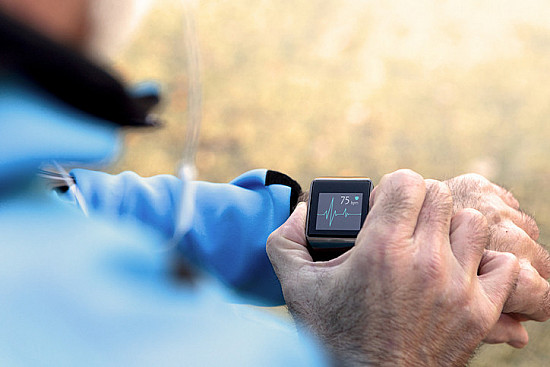When heart attacks go unrecognized
Nearly half of people who have a heart attack don't realize it at the time. These so-called silent heart attacks are only diagnosed after the event, when a recording of the heart's electrical activity (an electrocardiogram, or ECG) or another test reveals evidence of damage to the heart.
To continue reading this article, you must log in.
Subscribe to Harvard Health Online Plus (HHO+) to unlock expert-backed health insights, personalized tools, and exclusive resources to feel your best every day.
Here’s what you get with your HHO+ membership:
- Unlimited access to all Harvard Health Online content
- 4 expertly curated newsletters delivered monthly
- Customized website experience aligned to your health goals
- In-depth health guides on topics like sleep, exercise, and more
- Interactive features like videos and quizzes
- Members-only access to exclusive articles and resources
I’d like to subscribe to HHO+ for $4.99/month to access expert-backed content to help make smart, informed decisions about my well-being.
Sign Me UpAlready a member? Login ».
Disclaimer:
As a service to our readers, Harvard Health Publishing provides access to our library of archived content. Please note the date of last review or update on all articles.
No content on this site, regardless of date, should ever be used as a substitute for direct medical advice from your doctor or other qualified clinician.















